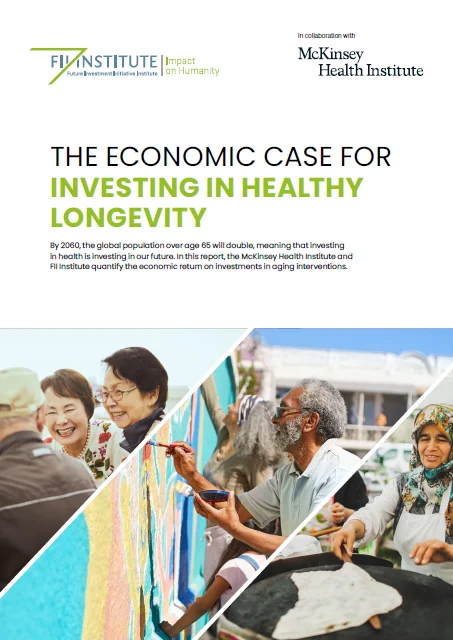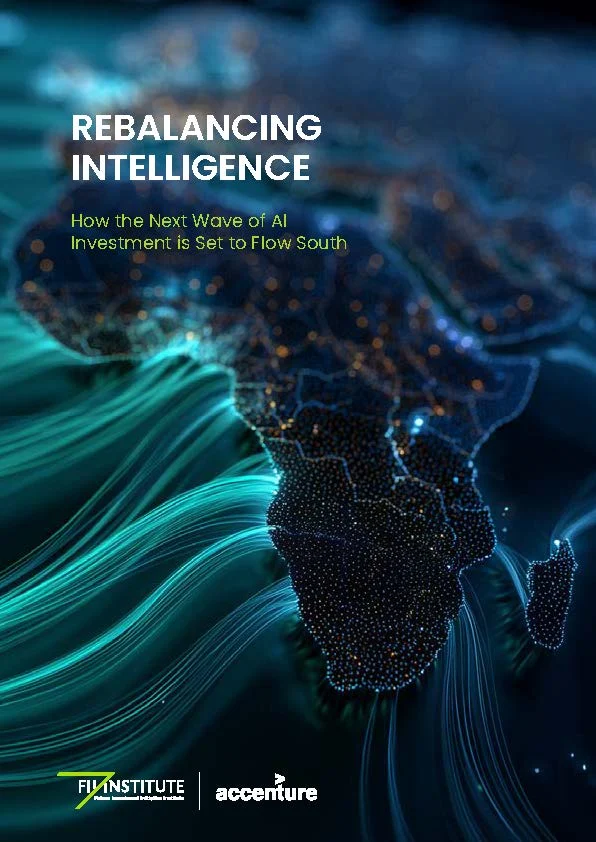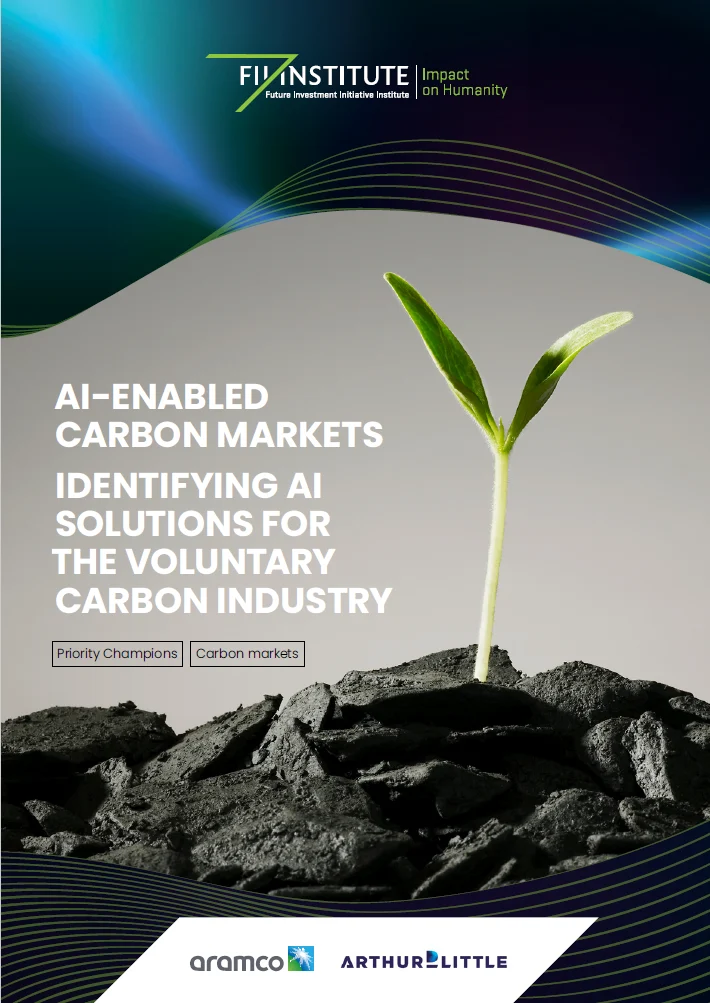COMPASSES
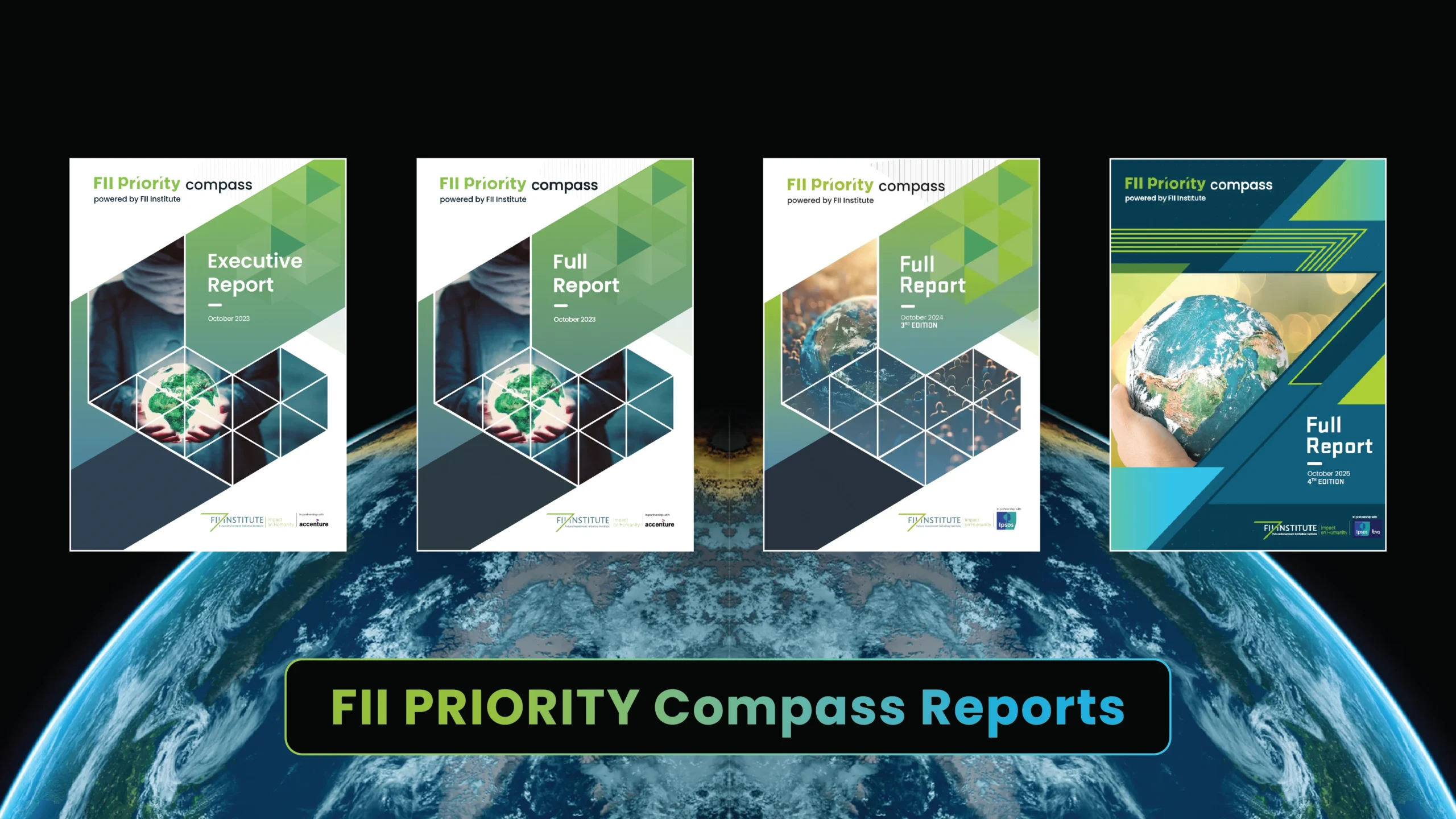
FII PRIORITY Compass Reports & Navigator
FII Institute unveiled the fourth edition of the FII PRIORITY Compass, offering a deep dive into humanity’s most pressing priorities across 2023, 2024, and 2025. Developed in partnership with Ipsos and Accenture, the survey draws on insights from more than 50,000 respondents across 24 countries, representing 62.5% of the world’s population.
Through the FII PRIORITY Compass, FII Institute captures global citizens’ concerns and delivers original, data-driven intelligence to support world leaders and decision-makers in shaping actionable, forward-looking solutions.
Download the FII PRIORITY Compass reports and explore key insights into global priorities through the interactive navigator.

Global Future of Work Reports & Navigator
As demographics shift, cities swell, and automation/AI accelerate, companies face a new productivity and labor reality; the Global Future of Work maps the risks and opportunities through regional surveys across the Americas, Europe, MENA, Africa, and Asia spanning healthcare, education, agriculture, tech, legal, and more.
Download The Global Future of Work reports and explore key insights on Americas, Europe, MENA, and Africa’s approach in embracing new technologies and explore further details through the navigator.
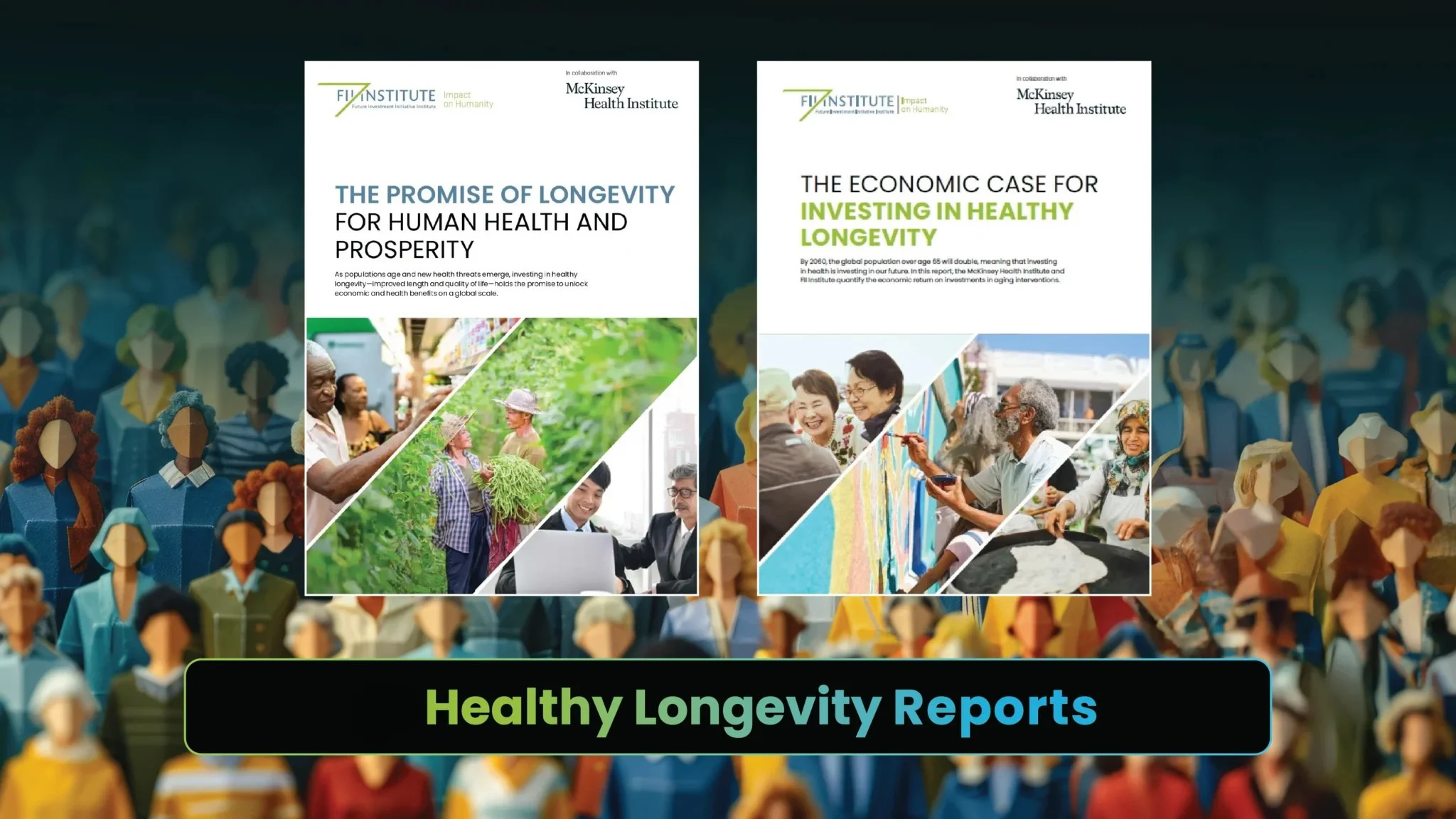
Healthy Longevity Reports & Navigator
Healthy Longevity Compass in collaboration with McKinsey Health Institute (MHI), explores how strategic investments in longevity would enhance quality of life, stimulate economic growth, and promote a more equitable society. Compass surveyed 22,000+ voices from 21 countries representing around 60% of the global population. Achieving this potential requires a comprehensive societal approach. By investing in strategic areas, leaders can take steps to improve quality of life, drive economic growth, and create a more equitable society.
Download Healthy Longevity Compass reports to explore key insights on healthy longevity globally and explore the navigator.
INITIATIVES
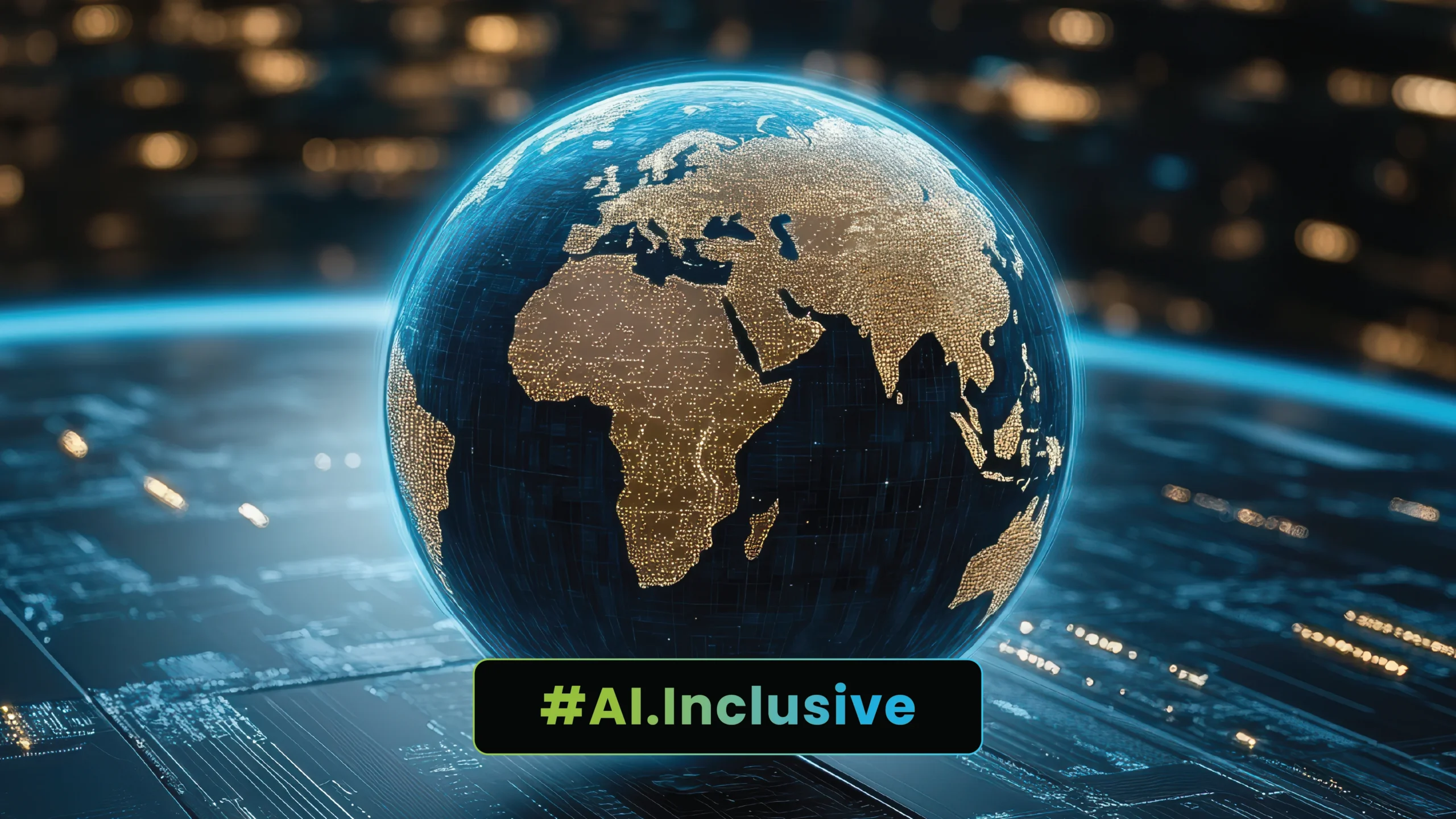
AI.Inclusive Initiative | Investing in an Inclusive Tomorrow
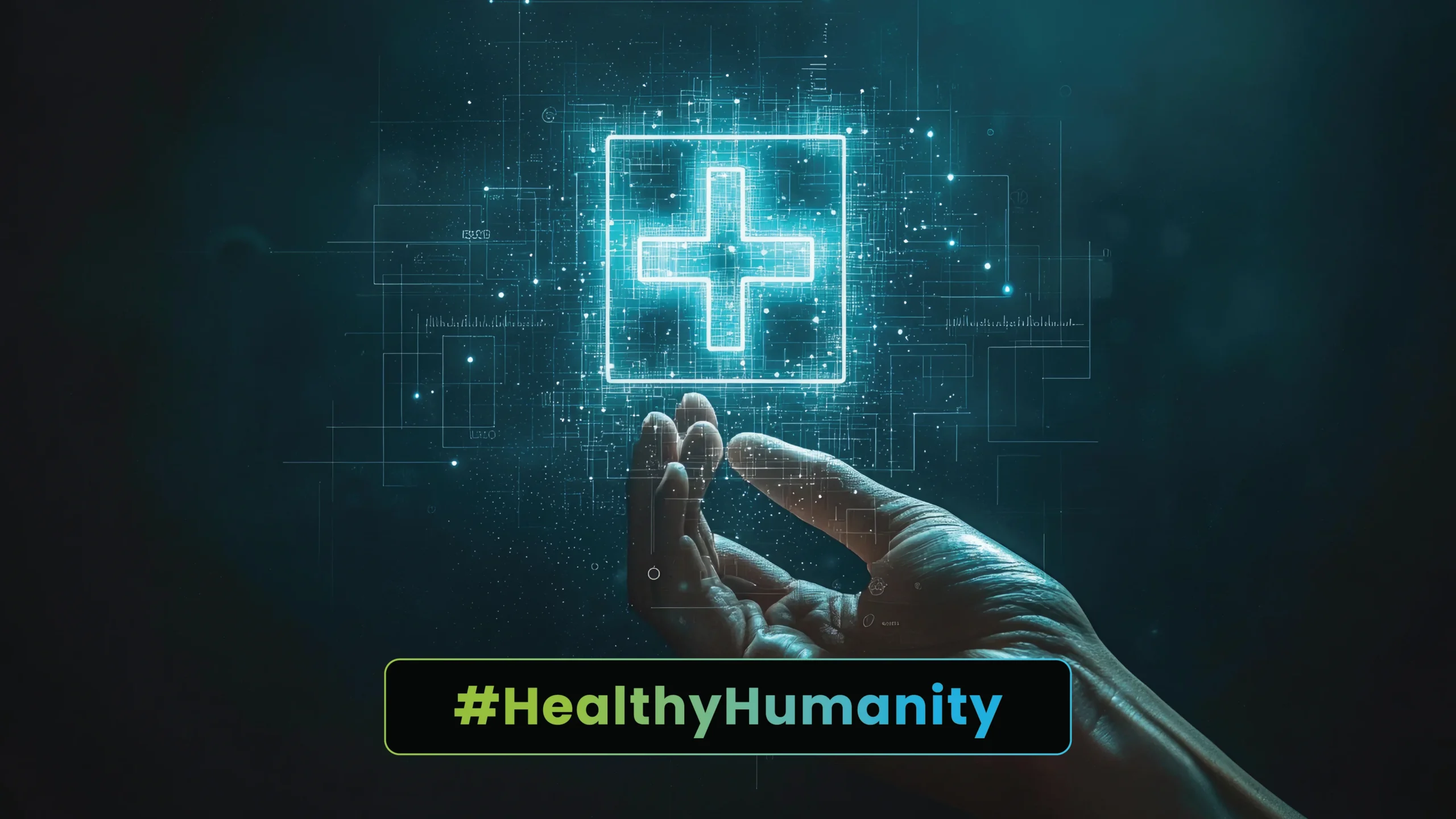
HealthyHumanity Initiative
Join us in creating a healthier tomorrow for everyone.




